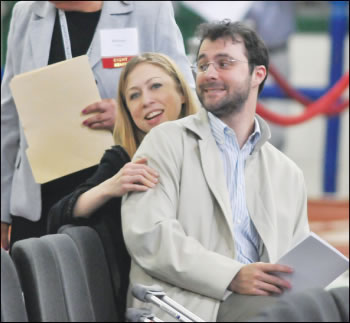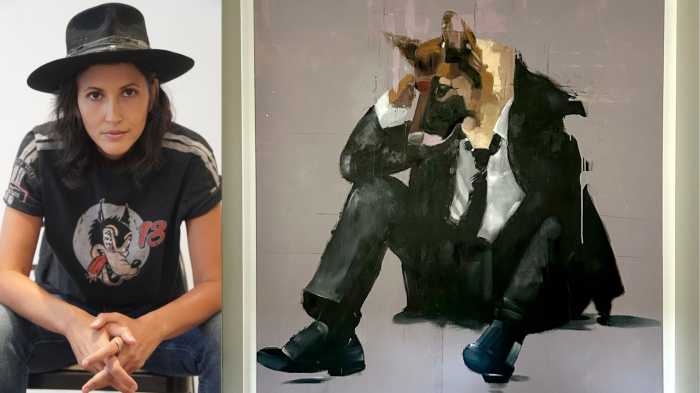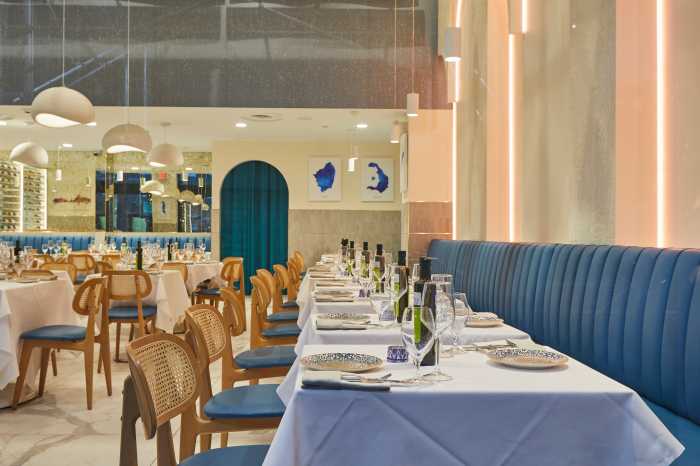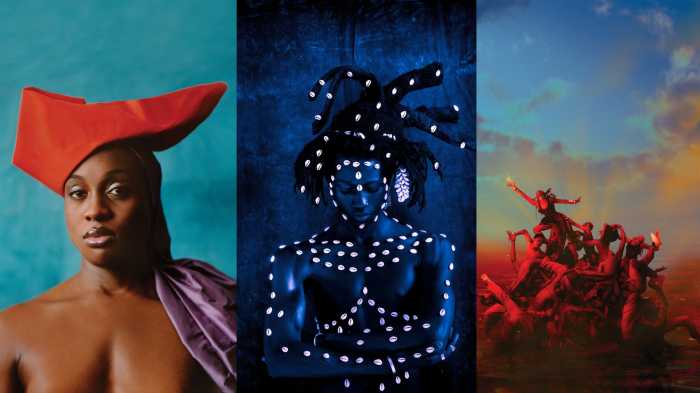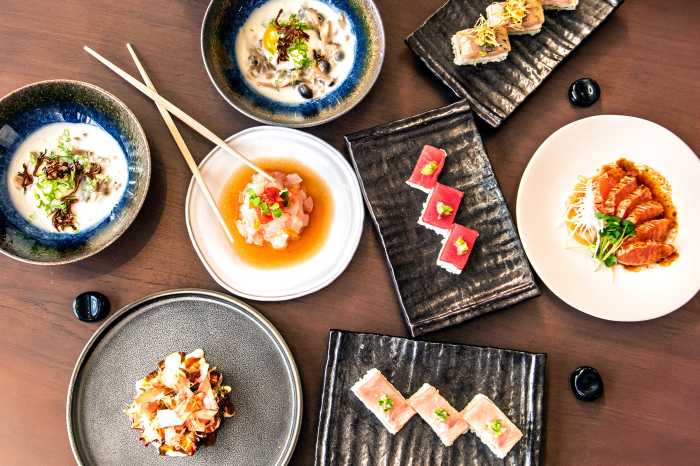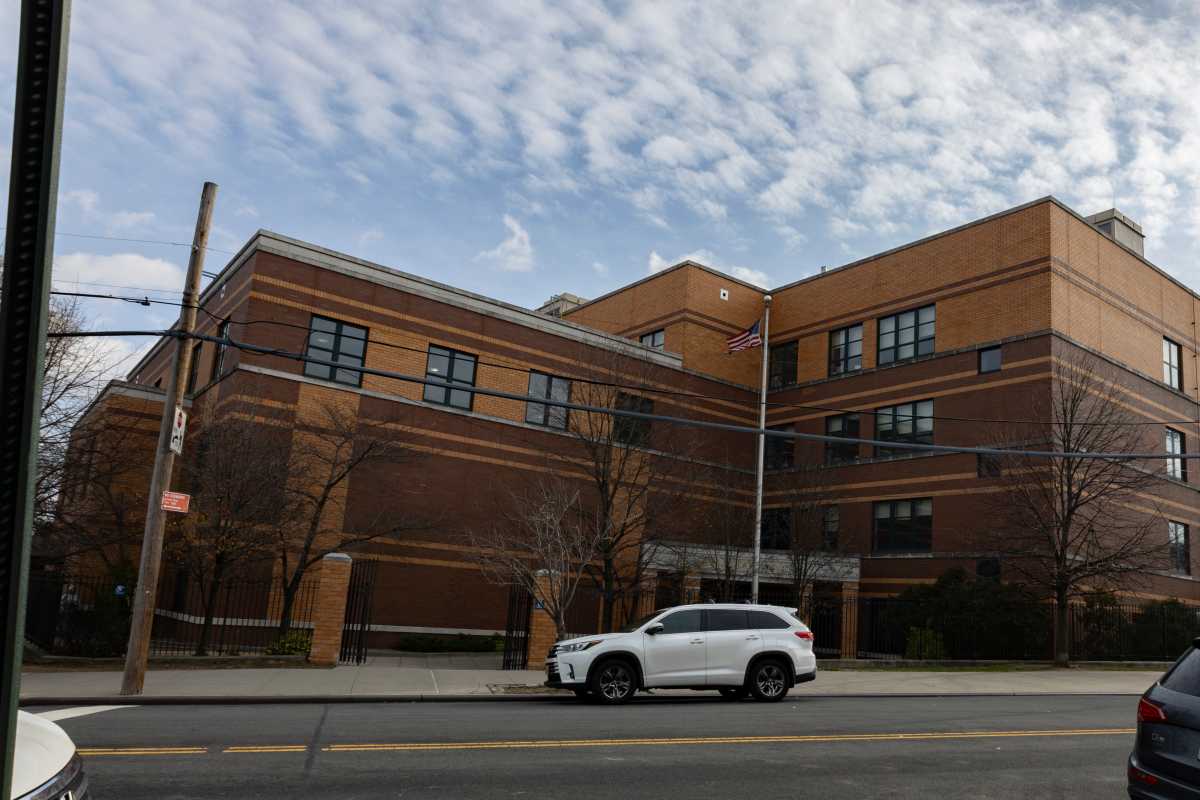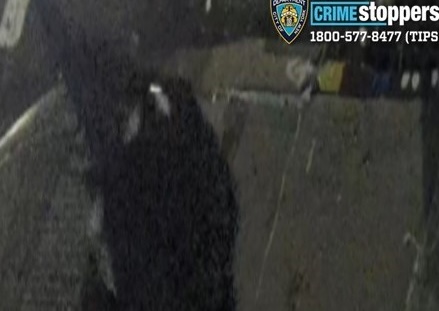By J.B. Nicholas
Becoming a paparazzo was not something I set out to do, but midway through the shadowy forest that is my life, I find it is what I’ve become, and it was Chelsea Clinton who sealed my fate.
I wanted to be a writer. Locked away in an Upstate prison cell for years, that’s all I did. It started in the prison’s law library, where I read law books and composed petitions and briefs for others and myself. In the common parlance, I was a jailhouse lawyer. And a successful one at that, winning cases that freed people, improved prison conditions and added money to commissary accounts.
Then, with the encouragement of college programs that were, for a time, available, my writing took a creative turn, heading into autobiography and short-story telling. So, after I was set free, on Bastille Day 2003, I enrolled in N.Y.U.’s creative writing program. In 2006 I graduated, with high honors, and a manuscript that no agent or publishing house would touch.
That’s when the shadows grew longer, the reality of everyday life set in, and I set out to find everyday employment. Days turned into weeks, and weeks into months. No one would hire me, not even as a paralegal, which, given my experience, I figured would be easy. I sent my résumé to the top 100 law firms in New York. Only 15 or so bothered to even respond, and of those none were interested. Though talented and ambitious, I was just another ex-con that nobody wanted in their fancy, climate-controlled, secure glass towers.
Thus rejected by the straight world, I pondered my ever-narrowing options.
It would have been easy to, once again, turn to the gun for my daily bread. But, this time, instead of wrapping my fingers around the Pachmayr-sheathed grip of a high-powered automatic weapon, I picked up a digital S.L.R. instead.
Old habits are said to die hard, and looking through the sight of that Nikon 2DX I felt something stir within me, something black and destructive and powerful that had been held back so long. In an instant it surged back to life within me. But still I resisted and sent that devil back down the hole from up whence it had come.
Through hard work and twist of fate, I ended up as a newspaper photographer for, first, the New York Post, then Metro. The work is not easy, always messy and sometimes plain ugly, only occasionally beautiful. Press photographers frequently confront not just angry and grief-stricken people who sometimes understandably don’t want their picture taken, but police officers with a thing against the “liberal media” bent on preventing or punishing press photographers from doing their job. I was arrested numerous times, beat and once even shot with a rubber bullet while covering protests at the 2008 Republican National Convention.
Thus, it was, after another cop tried to prevent me from doing my job, and the corporate ass that ran Metro turned his back on me, that when the calendar turned to 2010 I again confronted the challenge of what to do for money. This time the answer was clear and required no trial and error, no stumbling around looking for work: A paparazzo is what I would become, and a damn good, ruthless one at that!
So it was that I found myself standing on the street in front of Chelsea Clinton’s Flatiron apartment building on a cold, gray morning last winter. The news had just leaked out that she was engaged to her longtime boyfriend, Marc Mezvinsky, and I thought that pictures of the two of them would readily sell. I had it all figured out in my mind. Like any other New York City couple, they would leave their apartment together, on their way to the gym or work, holding hands. Nice and romantic. It should be easy, I figured. Just get to their house early, lay low across from the entrance, and when they leave, pull the camera out of my backpack and click away.
But then it happened all differently. She came out, alone, hobbling on crutches, and got in a car. I felt so sorry for the girl I didn’t click even one frame off.
That night I replayed the morning’s events in my mind. This was it, I realized, this was the moment when I would have to make a choice. Would I keep my ideals and starve or worse? Or would I unleash that deformed monster within that liked to see life through a lens with a red dot in the middle, marking the target? Then I looked down at my worn-out boots, the ones with not one but several holes in them, and the decision came easy.
The next morning I went back there and coldly triggered the shutter as Chelsea limped to her car.
The next day the picture was on Page Six of the Post. When I got the check I paid my rent, then heartily feasted at a fancy restaurant and swore that, never again, would I hesitate, never again would I let my conscience stop me from taking a picture, no matter what the feelings of the subject. To hell with romance.
And that’s how I became a paparazzo.



